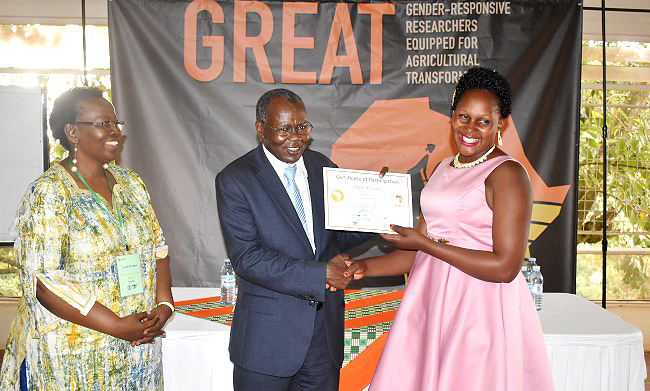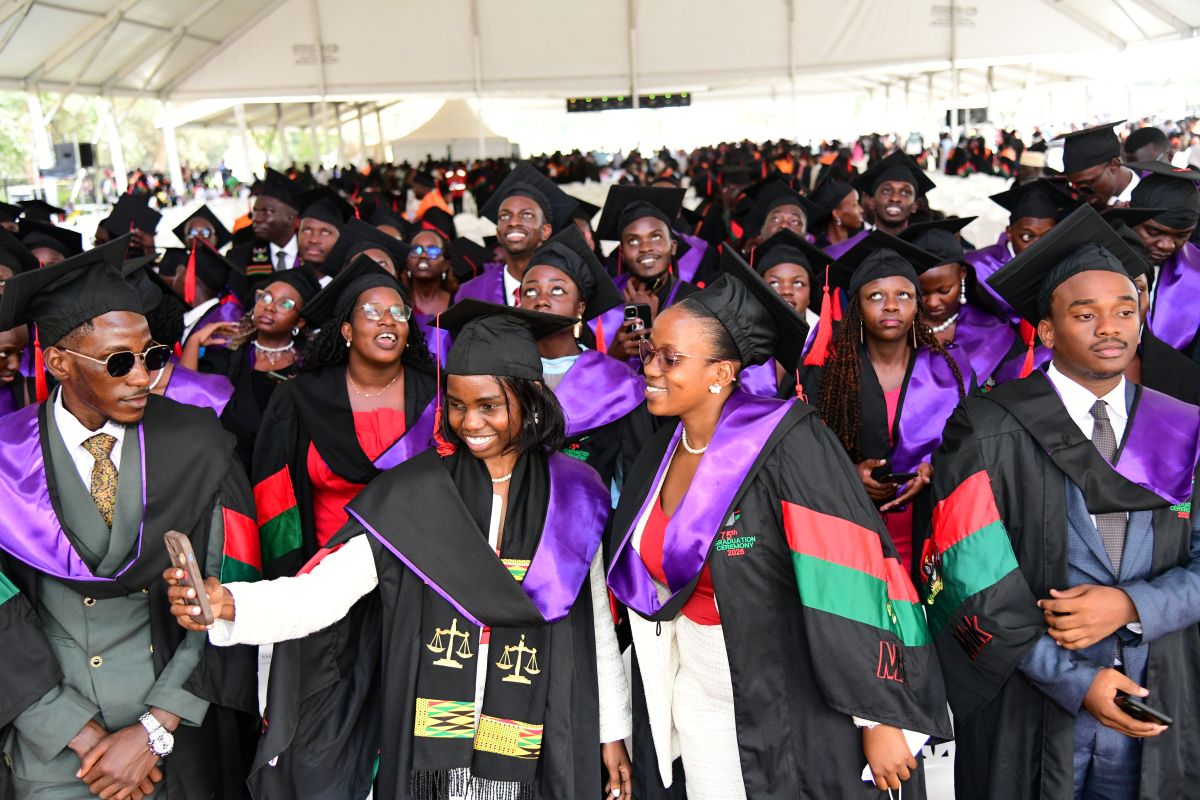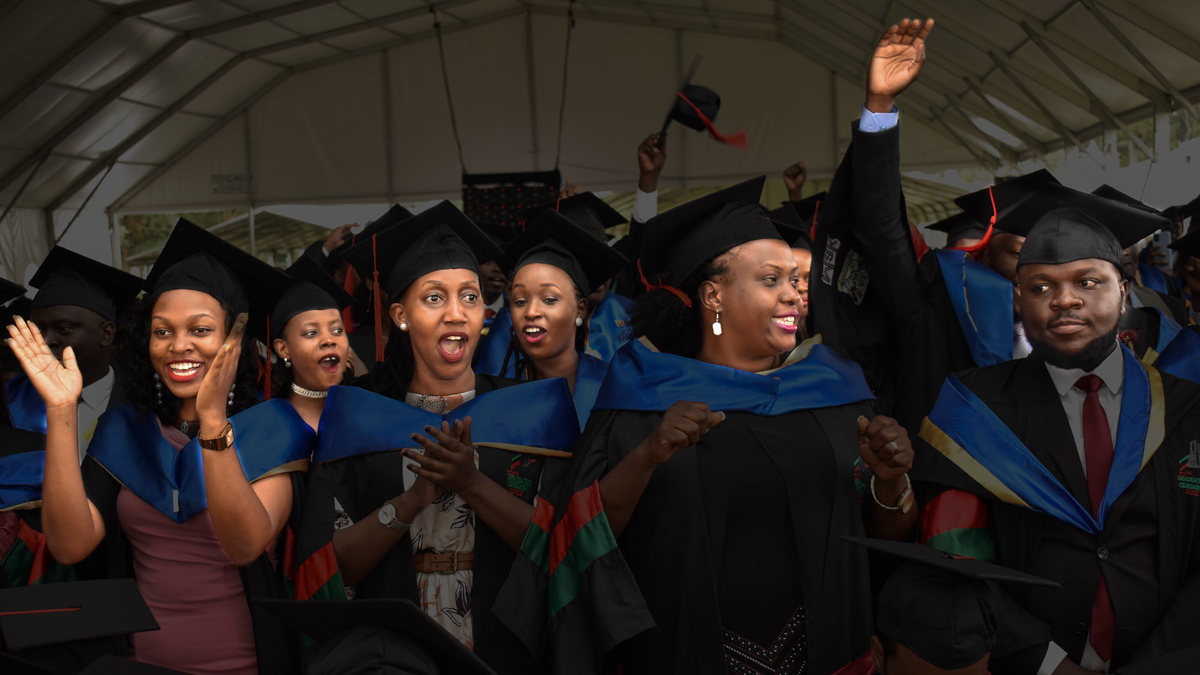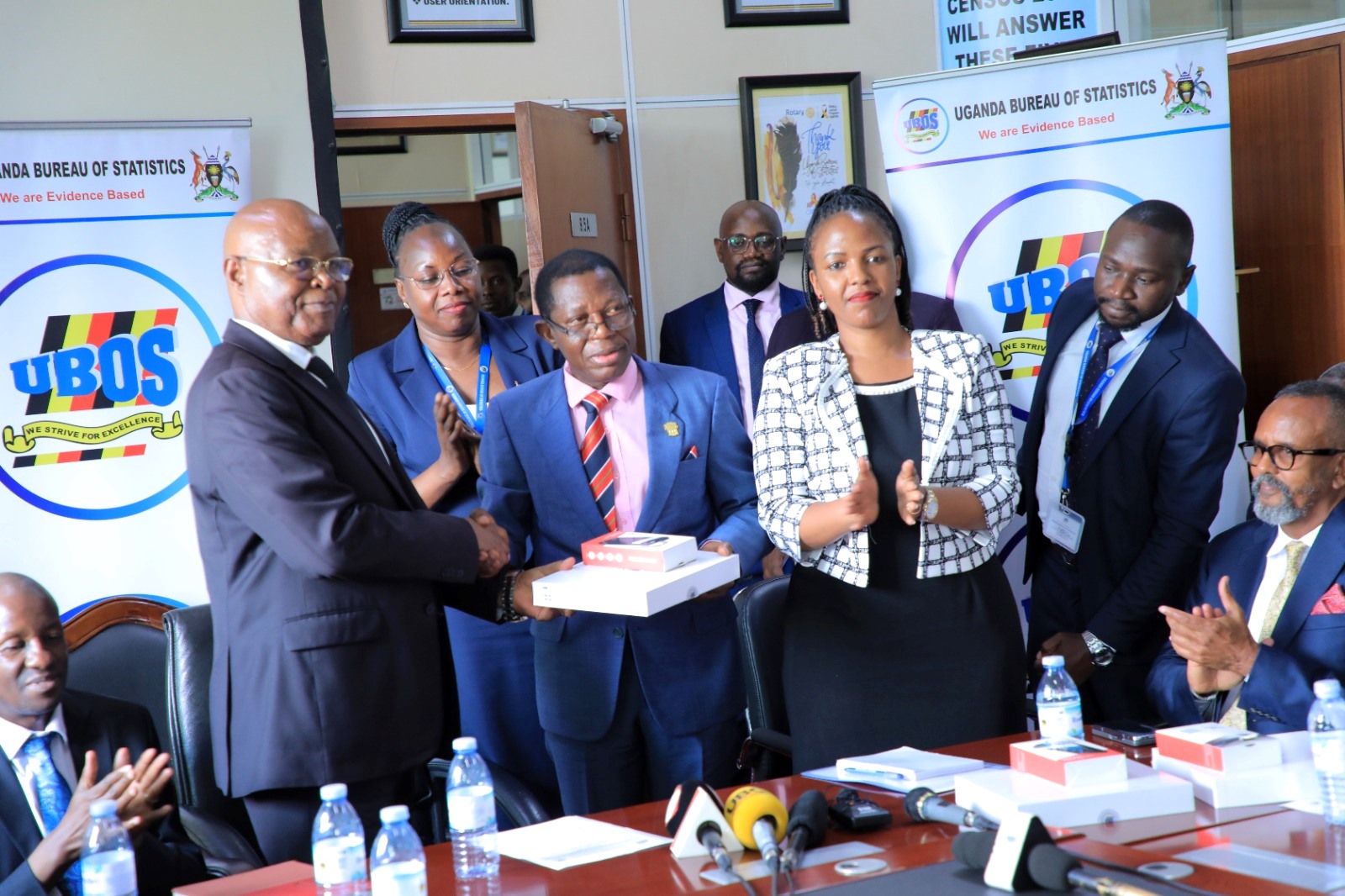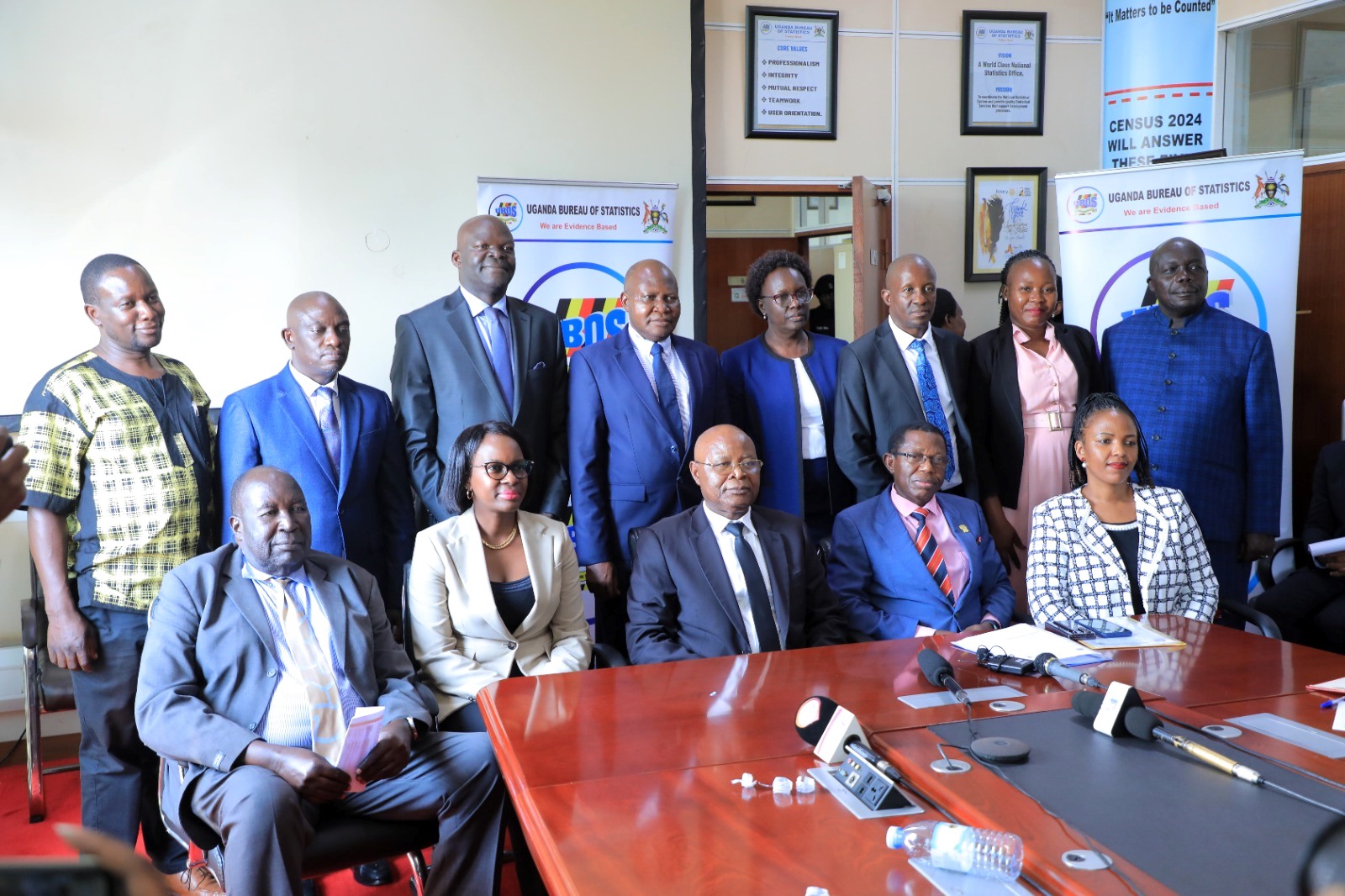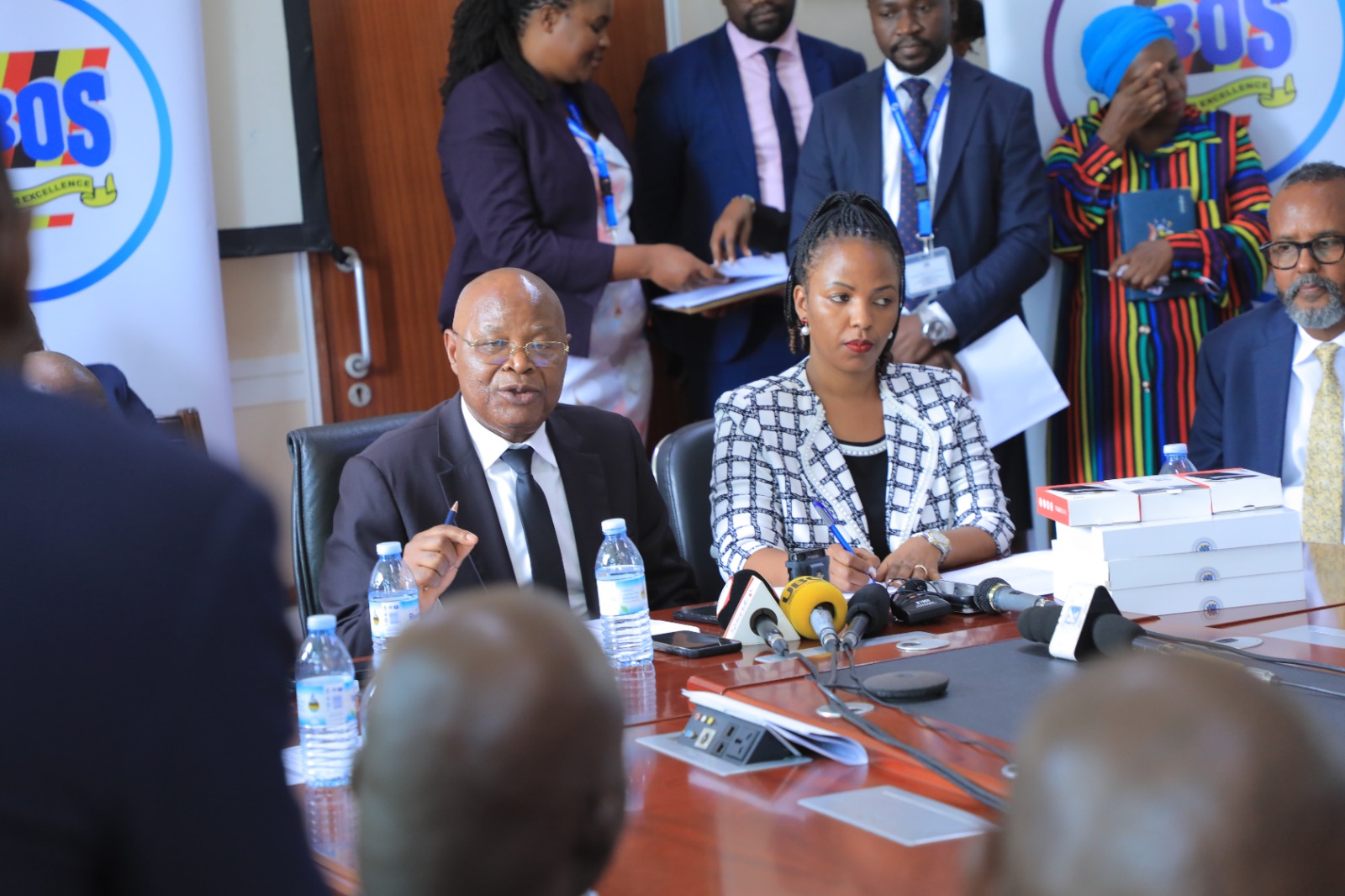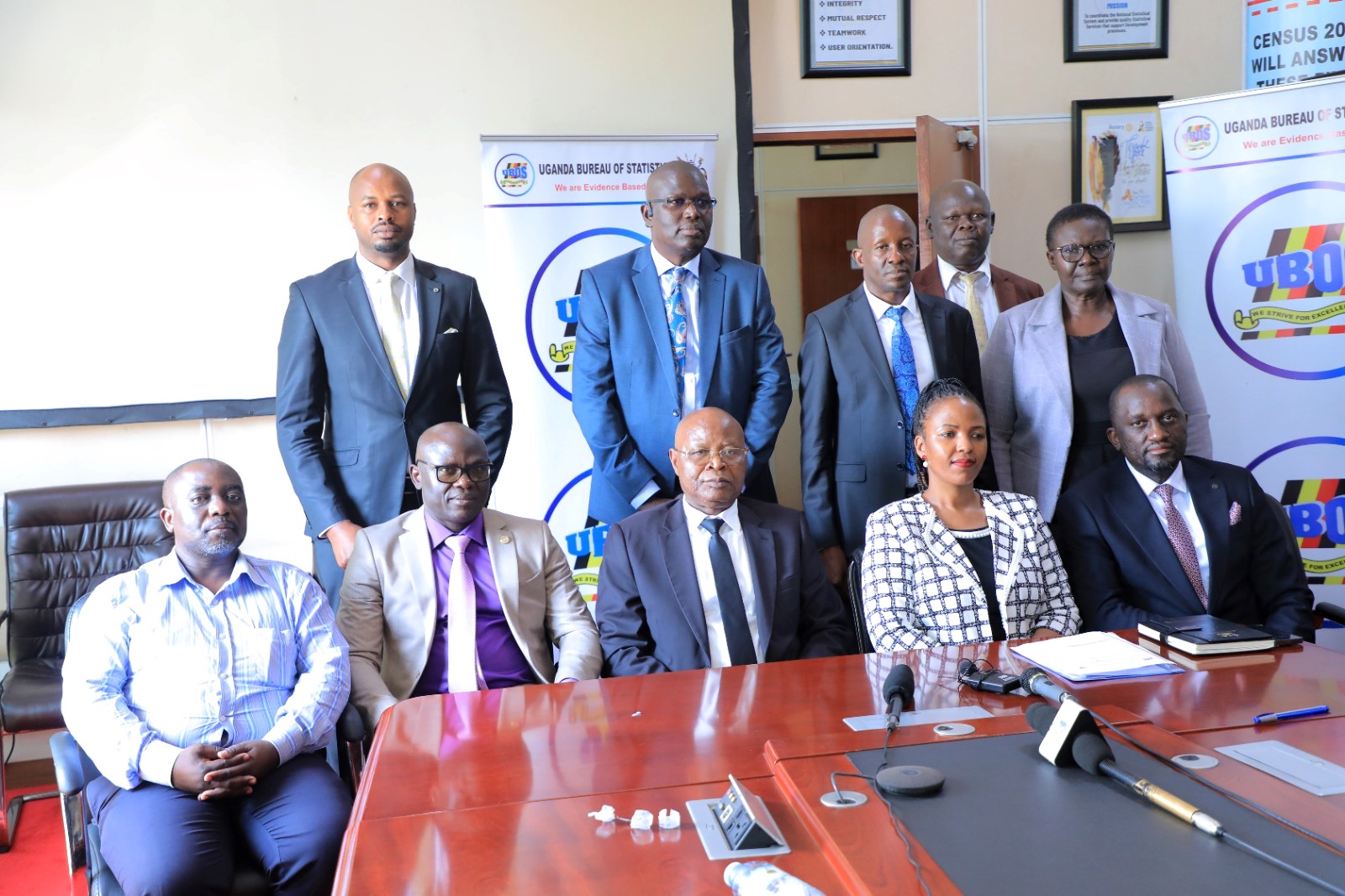• Course closed by Vice Chancellor represented by Prof. Bernard Bashaasha
• "Aim at improving food security and livelihoods of people", participants advised
• "Including gender in programming is a non-negotiable area", says Prof. Grace Bantebya
Research teams from Sub-Saharan Africa were on Friday, 18th January 2019 awarded certificates of Attendance of Makerere and Cornell Universities after completing the second phase (week 2) of the Gender Responsive Legume Breeding Course under the project titled, Gender-responsive Researchers Equipped for Agricultural Transformation (GREAT).
GREAT is a 5 year (2015-2020) collaboration between Cornell University in Ithaca, New York and Makerere University in Kampala, Uganda supported by Bill and Melinda Gates Foundation.
The five-day training (14th-18th January 2019) was jointly organized by Makerere University College of Agricultural and Environmental Sciences (CAES) and the School of Women and Gender Studies (SWGS).

The training was closed by the Vice Chancellor Makerere University represented by Prof. Bernard Bashaasha who is also Principal CAES at Forest Cottages Bukoto in Kampala, Uganda.
Prof. Bashaasha thanked the two organizing universities for the job well done noting that progress was being made. He also thanked the Bill and Melinda Gates foundation for funding the training.
Prof. Bashaasha further applauded the collaboration between CAES and SWGS which led to successful implementation of the program. He also thanked the participants for accepting to come to Uganda and Makerere University in particular.
He appreciated the organizers for the field component of the training and the sandwich mode saying, it gives the trainees a richer experience and enriches the program itself.

The professor hailed the course multidisciplinary and mixed method design as critical, noting that all social scientists and pure scientists need to work together to enrich research and field experiences.
In his message to the participants, Prof. Bashaasha reminded them that whatever they do, they should bear in mind the development objectives.
"As you do all things, don’t forget that the aim is to improve the food security and livelihoods of our people. If you don’t, whatever you have done will be in vain", he said.
As part of the GREAT Community of Practice (CoP), Prof. Bashaasha urged participants to change the mindset of people about Africa.

"Now as part of the CoP of GREAT, be very good ambassadors of Africa in terms of development. The power is in your hands to change the perception about the continent”, Bashaasha advised.
Speaking during the same function, SWGS’ Prof. Grace Bantebya said the program is part of the global agenda meant not to leave anyone behind in development. She said that whereas the program targeted agriculturists, anyone from any field such as food science and nutrition can come on board to help realize inclusive research for development.
As a trainer, she said, she was happy to be associated with the program because it is in line with the mission and vision of the School of Women and Gender Studies.
"Participants have internalized gender concepts and we are expecting a lot from them. We need to use the knowledge and skills gained to inform policy, development and other issues that are devoid of gender". Prof. Bantebya said.

Prof. Bantebya noted that women make up a significant portion of the world population and should therefore not be ignored in research and development agendas.
“Including gender in programming is not a negotiable area, it is non- negotiable. We shall push it without any fear or shame" Prof. Bantebya pledged.
Dr. Brenda Bonabana from the CAES said the GREAT courses were designed after the realization that there was a problem that needed to be addressed. She explained that despite the fact that new varieties had been developed; they were not being adopted hence leading to persistent poverty and food insecurity, a problem she attributed to gender inequality.
“Without working with men and women no much can be achieved. We are taking the transformational cause in a way research is done in institutions for transformational development”, the don said.

Dr. Bonabana shared that this is the third year of implementation of the GREAT project activities. Course 1 trained Root tuber and banana breeders. Course 2 was on Cereal grains breeding and currently, Course 3 phase 2 is working with Legume breeders.
GREAT delivers courses to agricultural researchers from sub-Saharan Africa in the theory and practice of gender-responsive research, seeking to increase opportunities for equitable participation and the sharing of benefits from agricultural research and to improve the outcomes for smallholder women farmers, entrepreneurs, and farmer organizations.
By building and engaging communities of researchers equipped with the skills, knowledge, and support systems to develop and implement gender-responsive projects, GREAT advances gender- responsiveness as the norm and standard for agricultural research.
Report compiled by;
Jane Anyango
Principal Communication Officers, CAES

 General4 days ago
General4 days ago
 General1 week ago
General1 week ago
 General1 week ago
General1 week ago
 General1 week ago
General1 week ago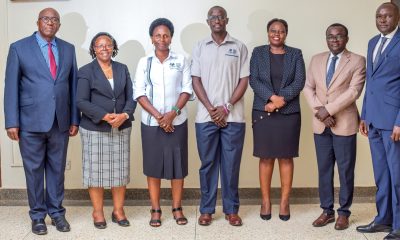
 General2 weeks ago
General2 weeks ago